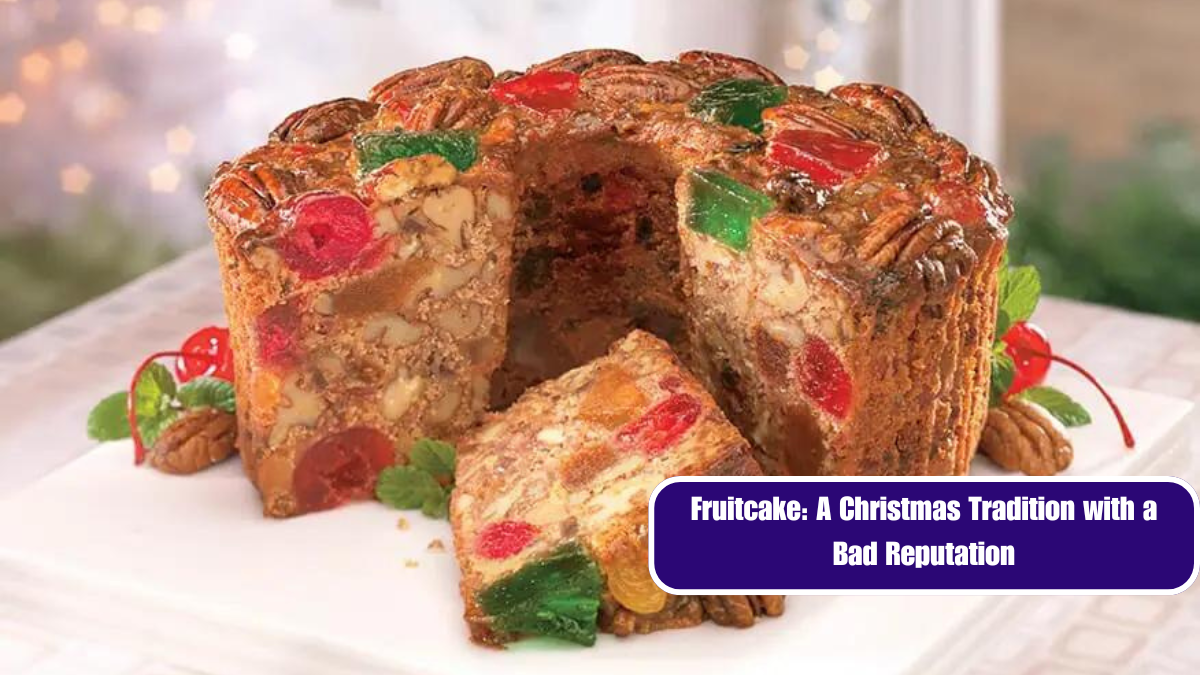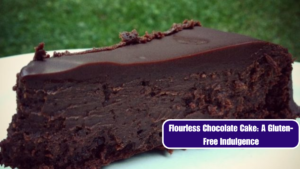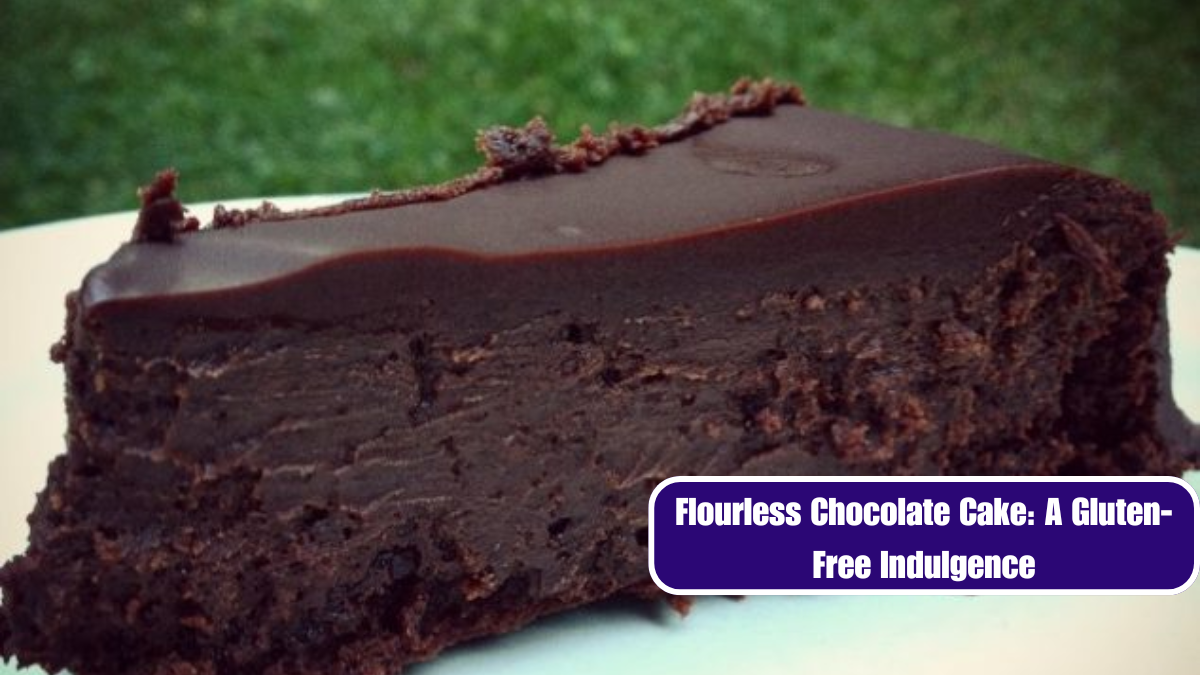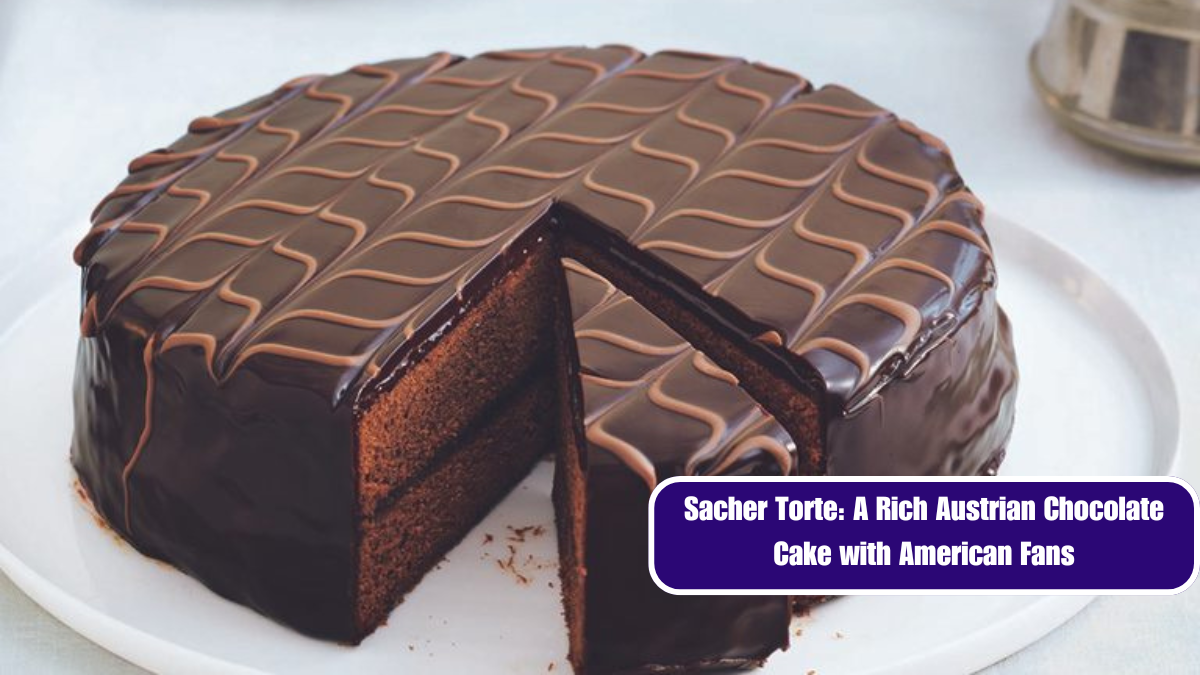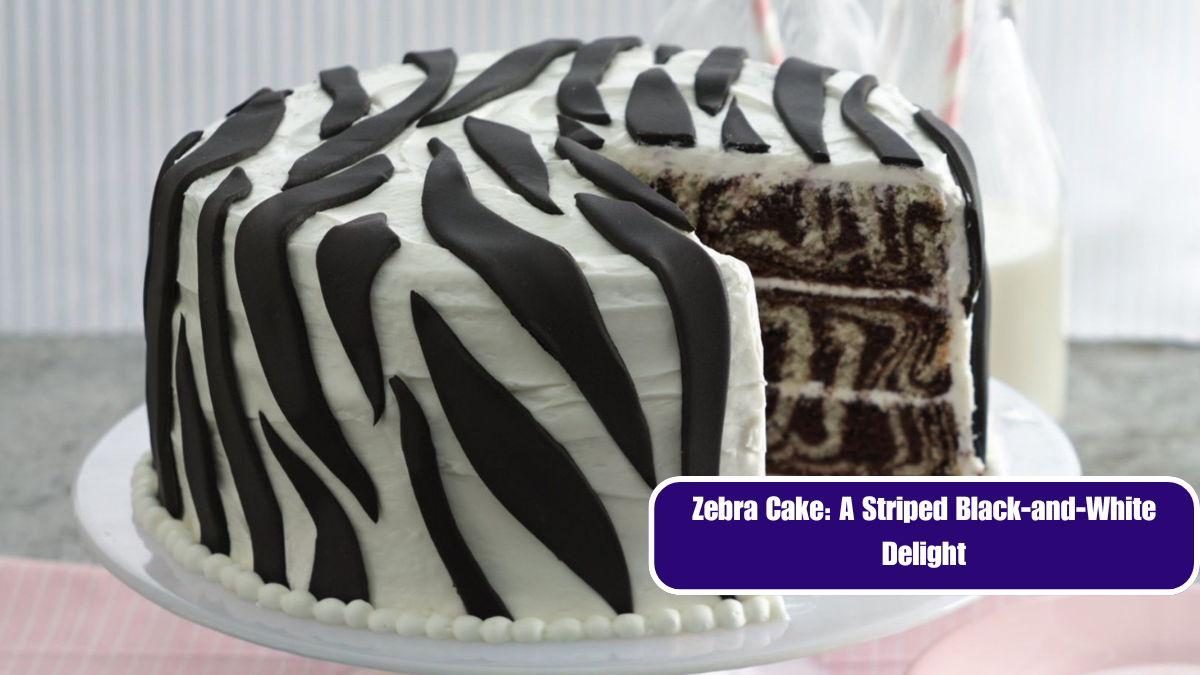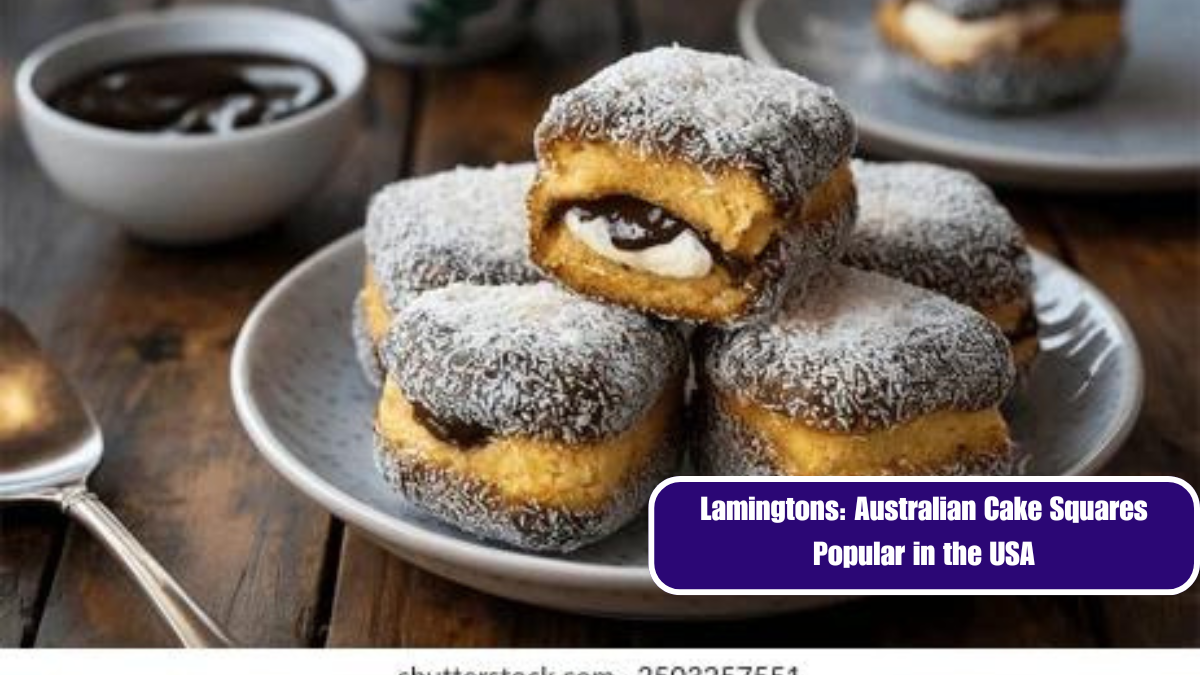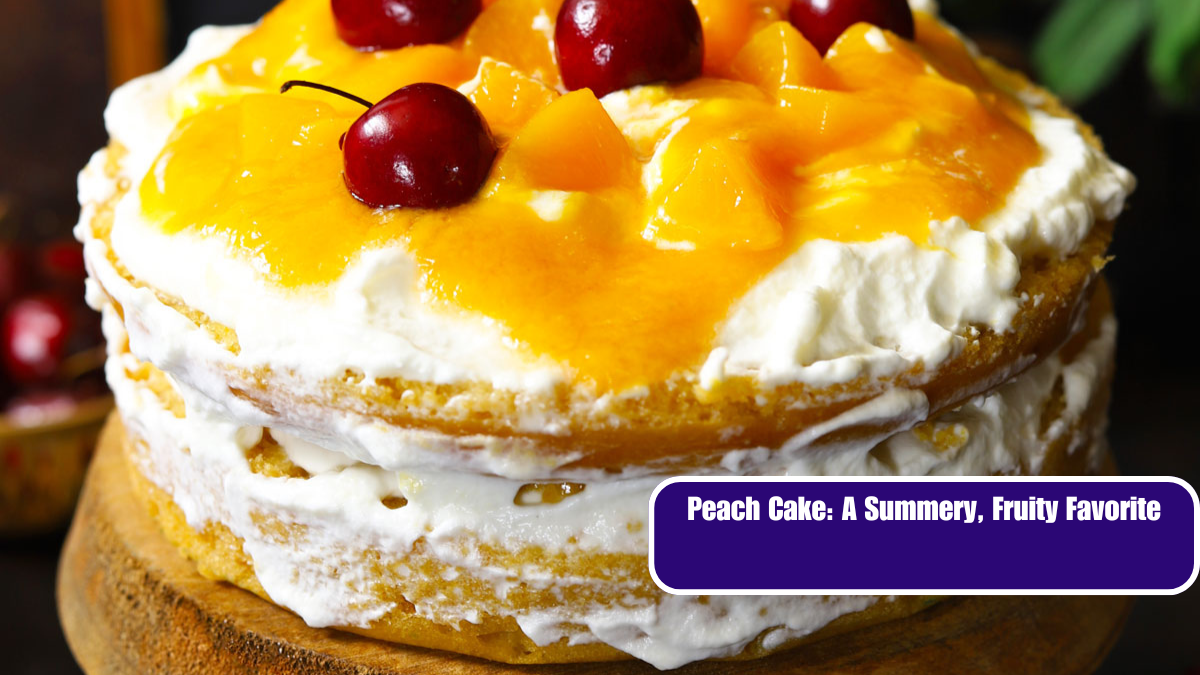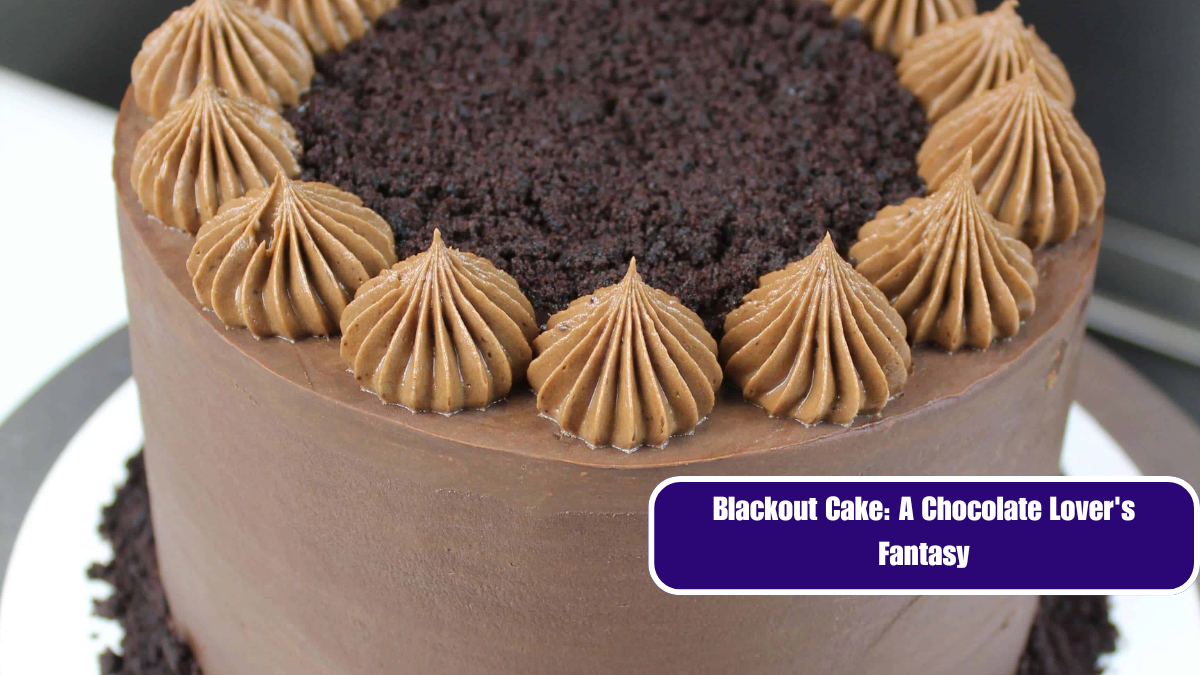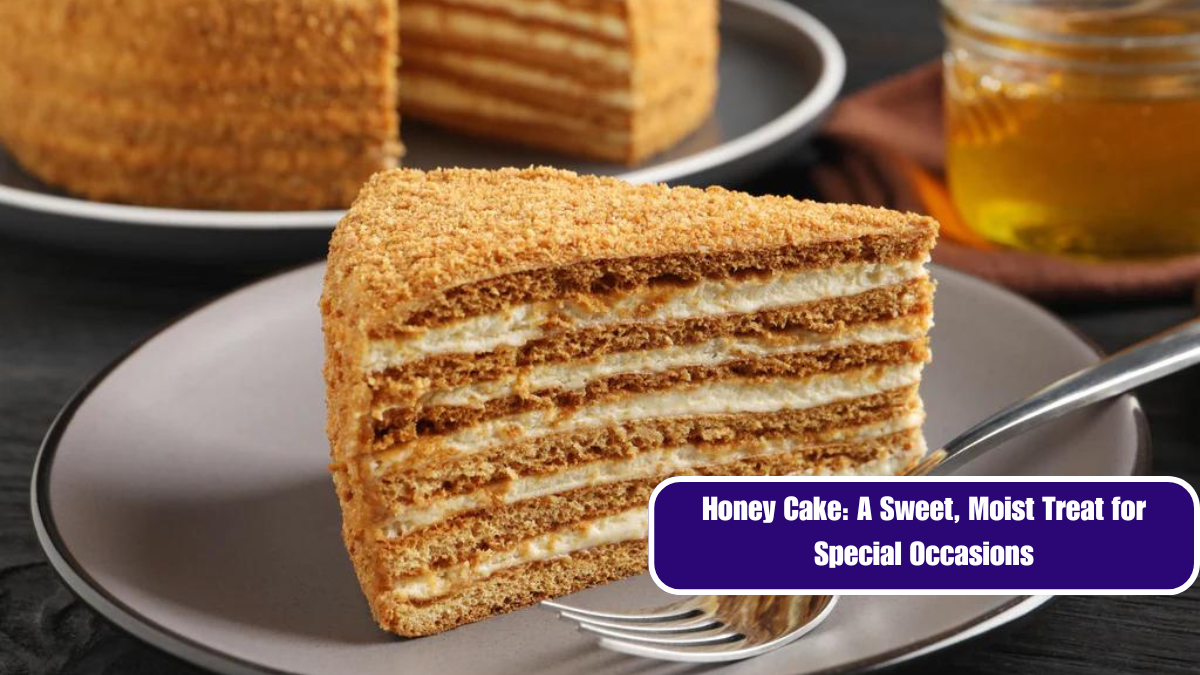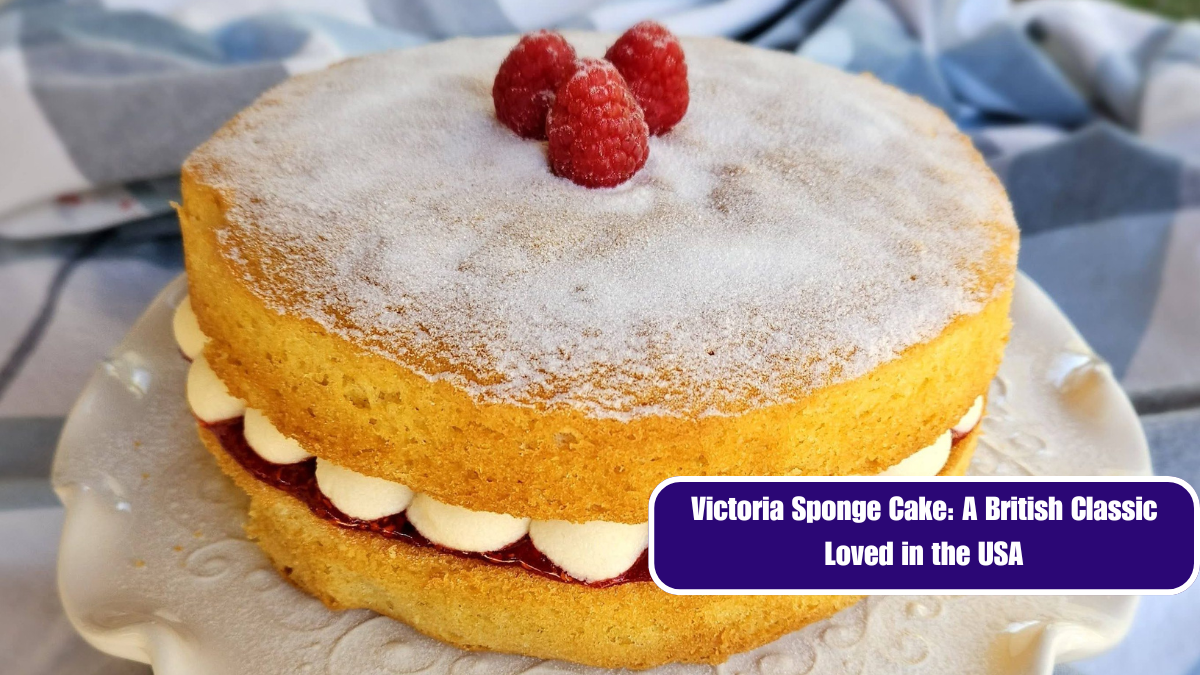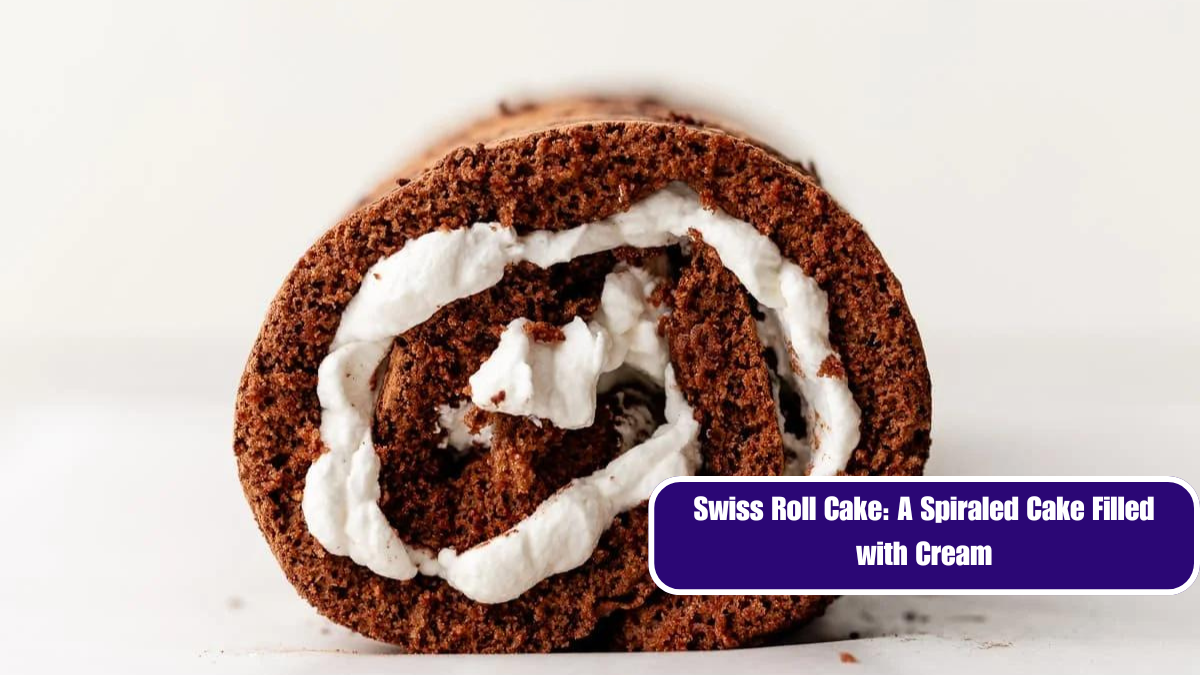As the holiday season rolls around, you might find yourself face-to-face with an often-maligned culinary relic: the fruitcake. Long dismissed as the “bad joke” of Christmas treats, fruitcake has a reputation that is, quite frankly, undeserved. So how did this once-celebrated dessert become a holiday pariah? Let’s dig into the history, tradition, and misunderstood charm of the fruitcake.
A Historical Perspective
Fruitcake’s origins stretch back to ancient Rome, where it was made with a mix of pomegranate seeds, nuts, and raisins. Fast forward to medieval Europe, and fruitcake had evolved into a more recognizable form, with honey, spices, and preserved fruits. These cakes were rich and dense, partly due to their preservative properties—a critical factor in times when refrigeration wasn’t an option.
When Europeans brought fruitcake to the Americas, it became a staple of holiday celebrations. Colonial settlers adapted the recipe with local ingredients, leading to the diverse versions we see today. Far from being a mere relic, fruitcake was once a symbol of festivity and indulgence, cherished for its rich flavor and the effort required to make it.
The Rise of the Fruitcake’s Bad Reputation
So, what went wrong? Why does fruitcake seem to attract more groans than cheers these days? The answer lies in several factors:
- Misconceptions About Ingredients: Fruitcake is often associated with overly sweet, synthetic fruit and nuts. While traditional fruitcakes were made with high-quality ingredients, modern versions sometimes suffer from the use of cheaper, less appetizing components.
- The Shelf Life: Fruitcake is famous for its longevity. While this can be a virtue, allowing it to be made well in advance of the holiday season, it can also lead to stale or overly dry cakes if not stored properly.
- A Shift in Tastes: Modern palates have shifted towards lighter, less rich desserts. The heavy, dense nature of traditional fruitcake can seem overwhelming compared to more contemporary sweet treats.
The Charm of Fruitcake
Despite its reputation, fruitcake has redeeming qualities worth celebrating:
- A Labor of Love: Making a fruitcake is no small feat. It involves soaking the fruit, preparing the batter, and often aging the cake to enhance its flavors. This labor-intensive process reflects the care and tradition embedded in the recipe.
- A Canvas for Creativity: Fruitcakes can be as diverse as the bakers who make them. From adding exotic fruits and nuts to experimenting with different liquors, the possibilities are endless. Customizing fruitcake can turn it from a traditional relic into a unique culinary creation.
- A Symbol of Tradition: Fruitcake represents a link to the past, embodying centuries of holiday tradition. Embracing it can be a way of honoring the rich history of Christmas celebrations around the world.
Giving Fruitcake a Fresh Start
If you’re looking to give fruitcake a second chance, here are a few tips:
- Opt for Quality: Choose fruitcakes made with high-quality ingredients, or better yet, try baking your own from scratch. Use fresh, natural fruits and nuts for a superior taste.
- Experiment with Recipes: Don’t be afraid to tweak traditional recipes. Adding a modern twist can make fruitcake more appealing to contemporary tastes.
- Pair with the Right Accompaniments: Fruitcake pairs well with cheeses, nuts, or a glass of wine. Experiment with different pairings to find a combination that enhances its flavors.
In conclusion, while fruitcake might have earned its share of jokes and skepticism, it is also a dessert steeped in history and tradition. By appreciating its past and exploring new ways to enjoy it, we can give this misunderstood treat the recognition it deserves. After all, every holiday tradition has its quirks, but that’s what makes them special. So, this Christmas, why not give fruitcake a place on your table and see if you can discover a new appreciation for this classic holiday treat?
